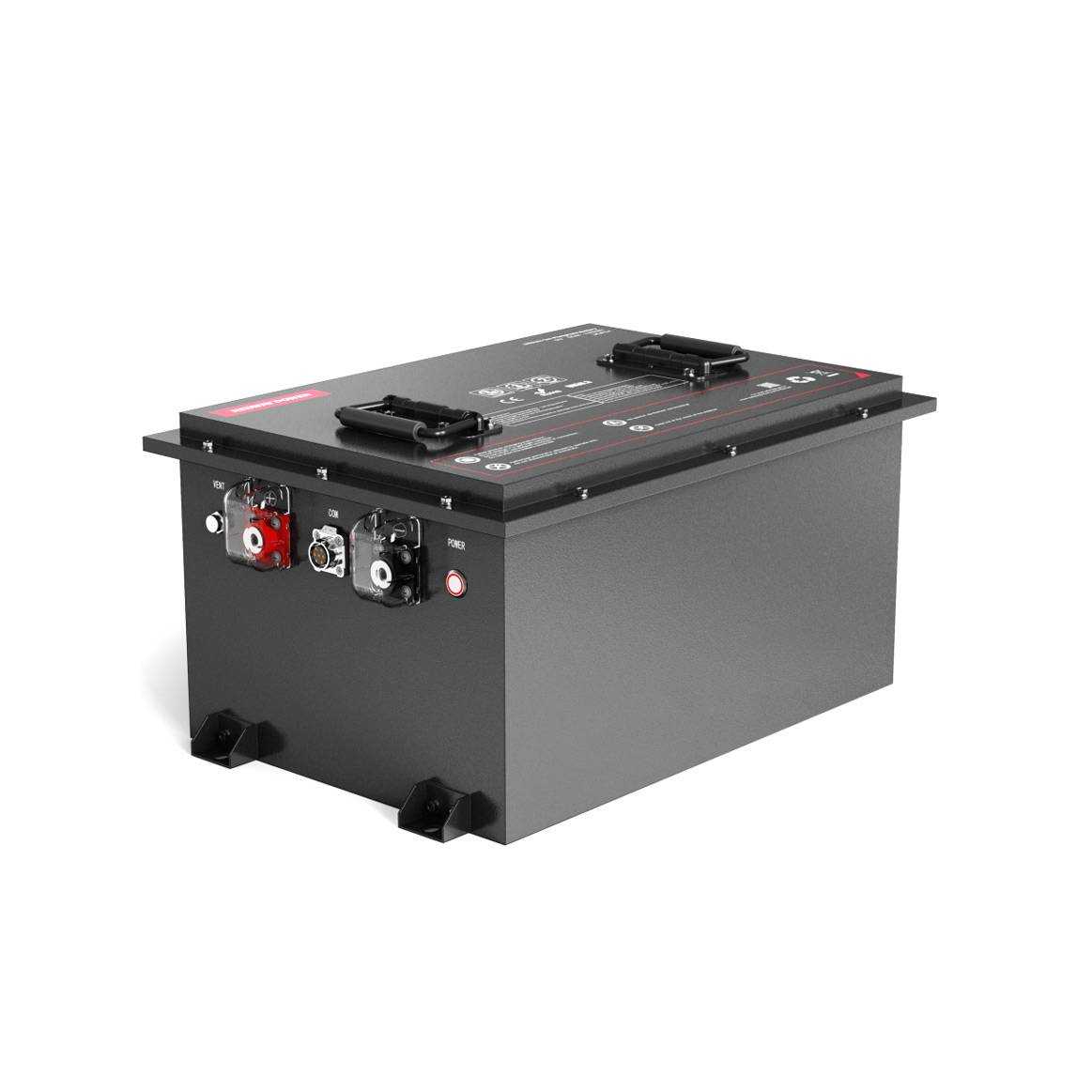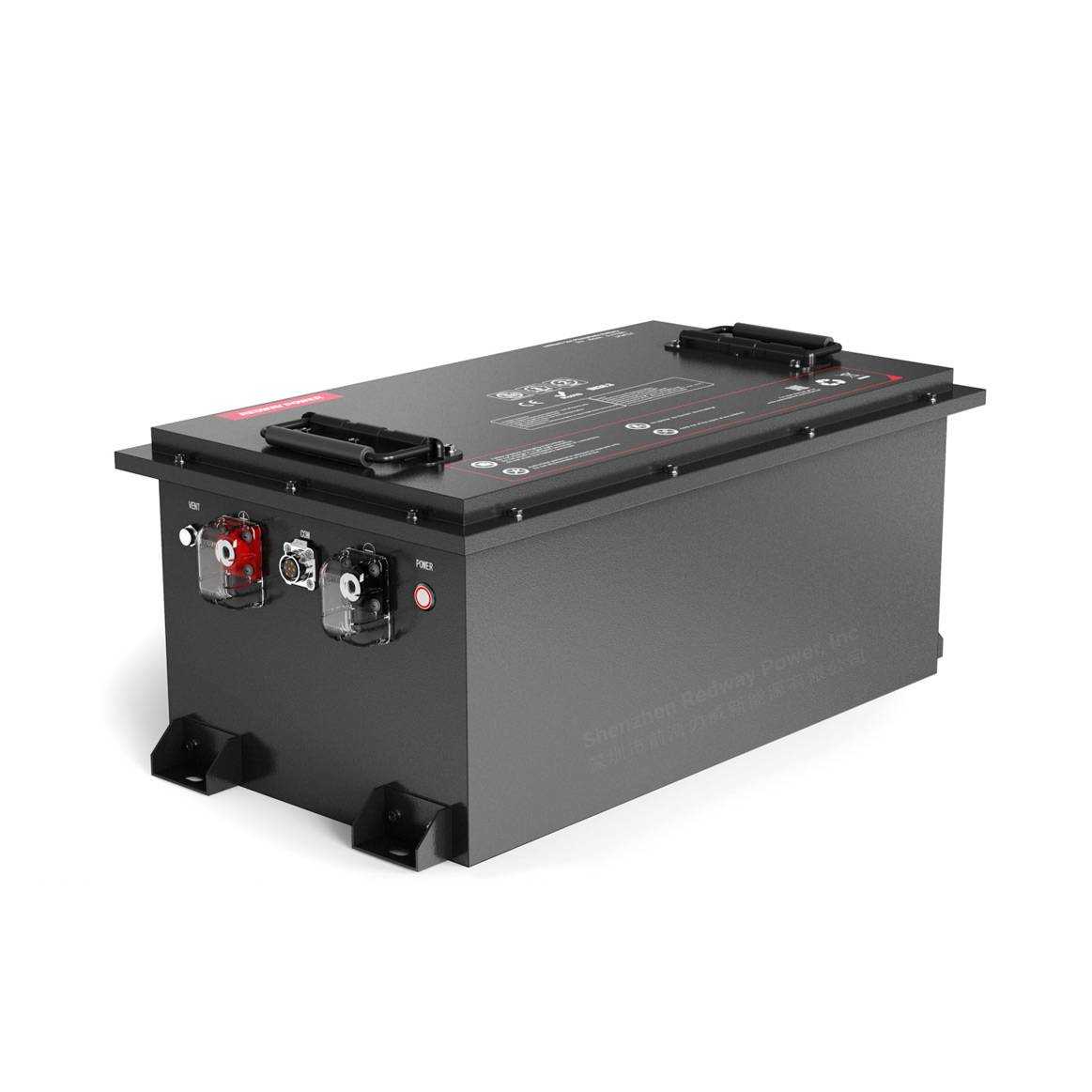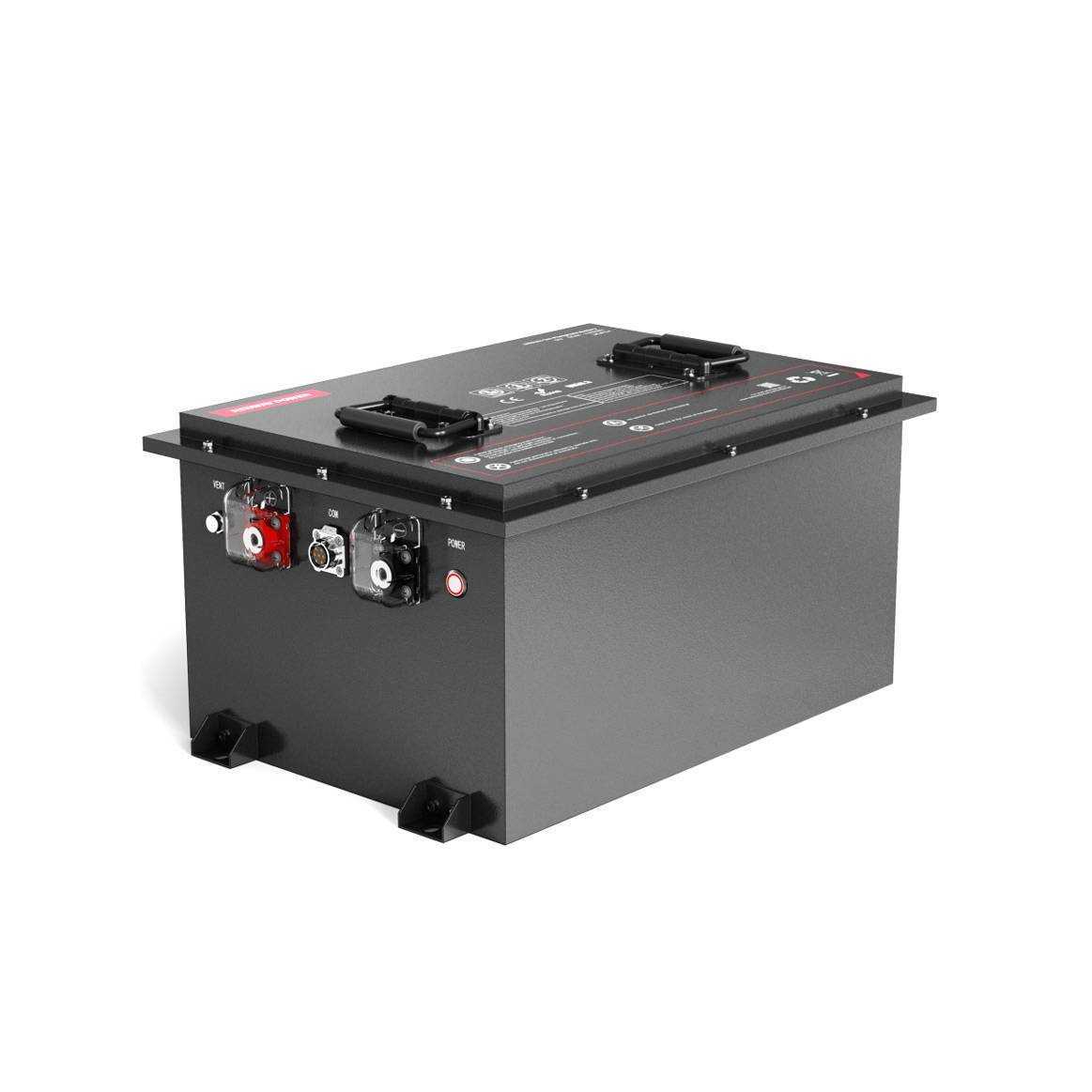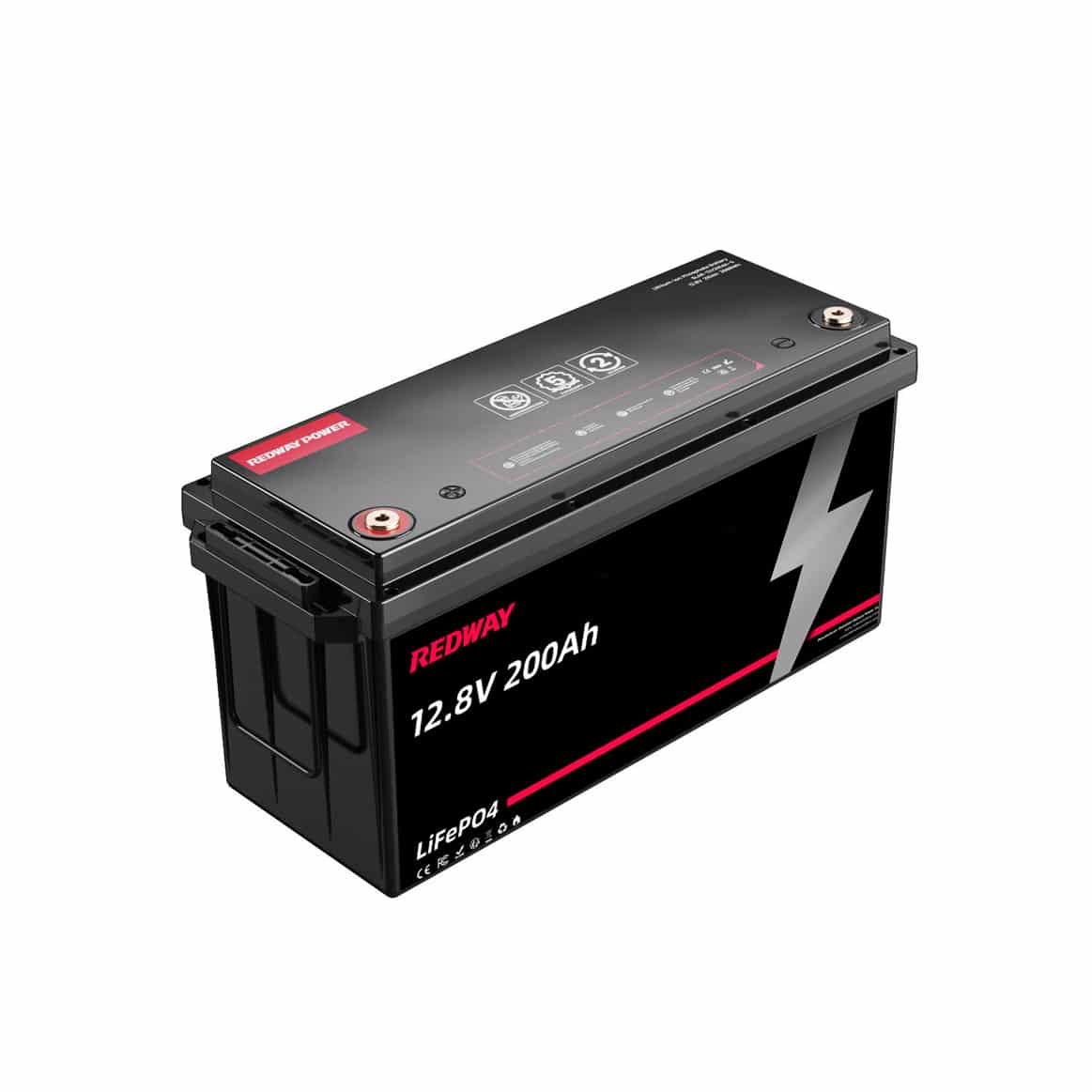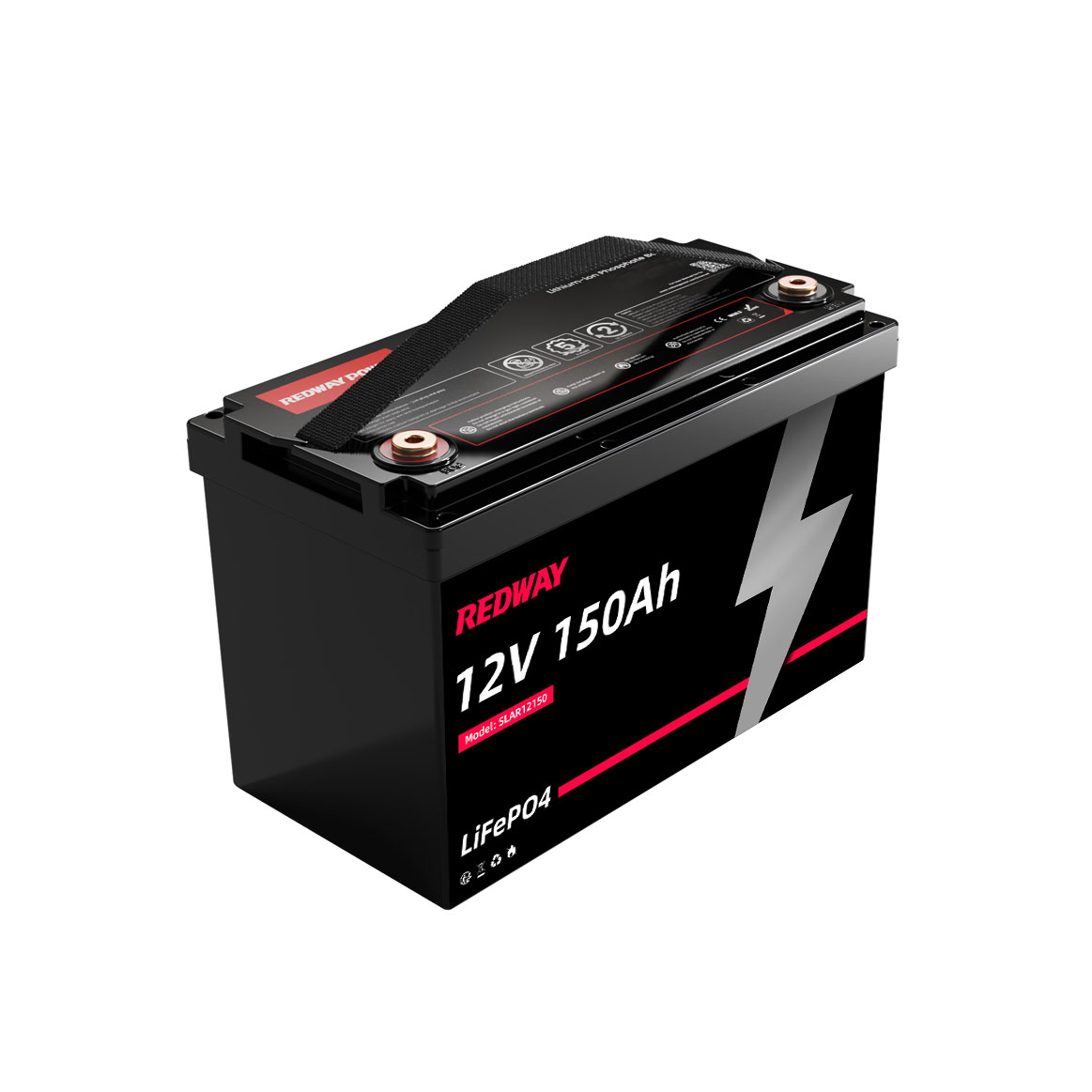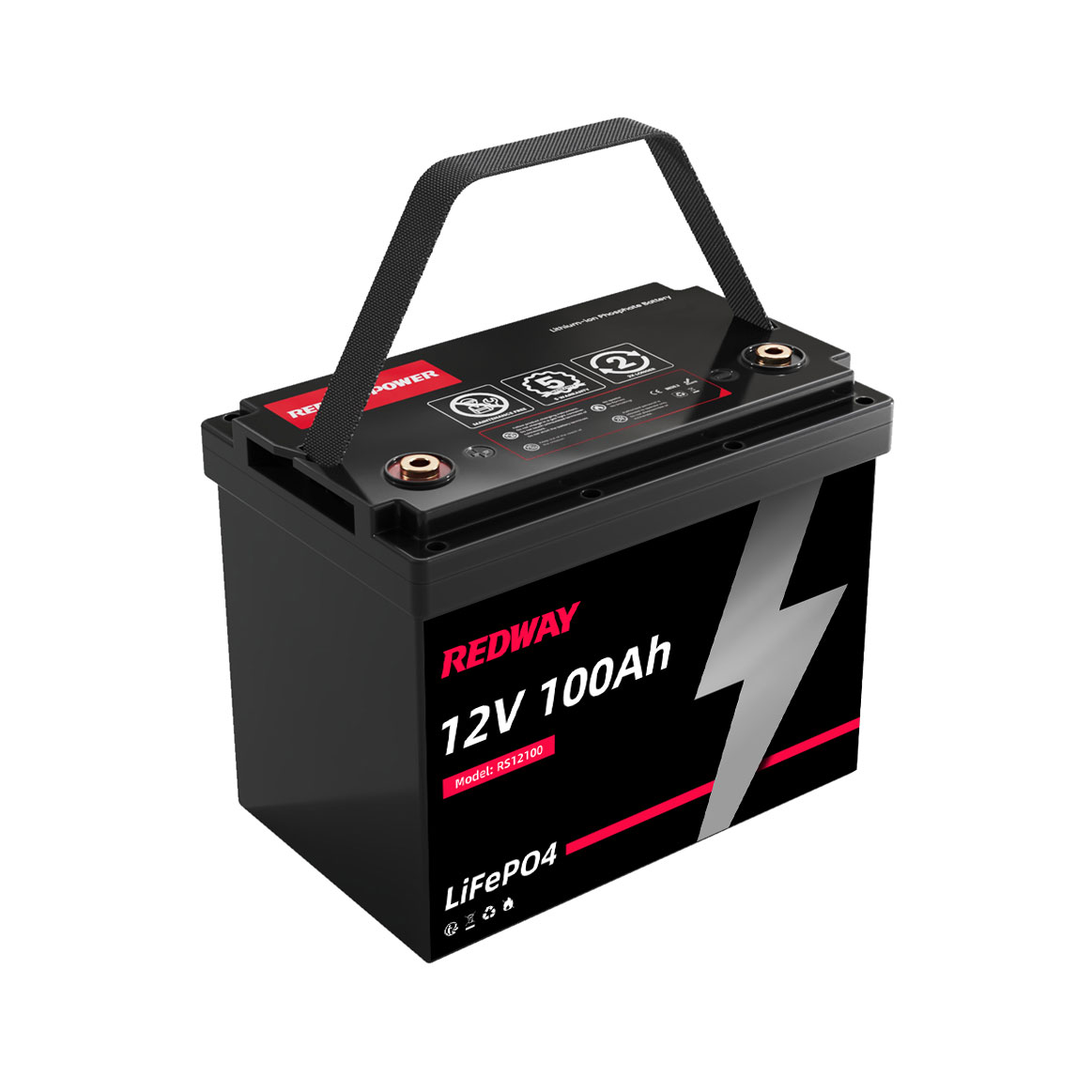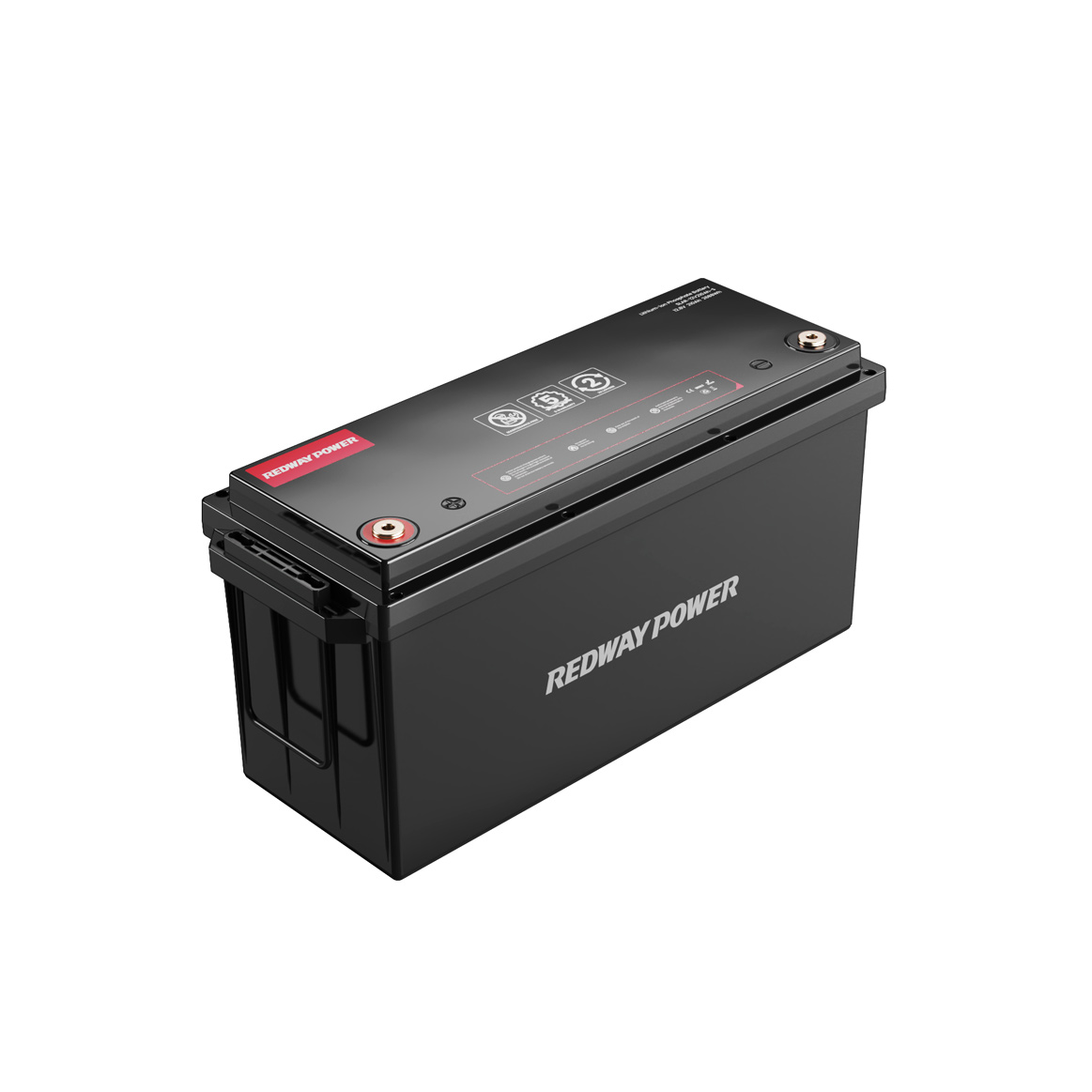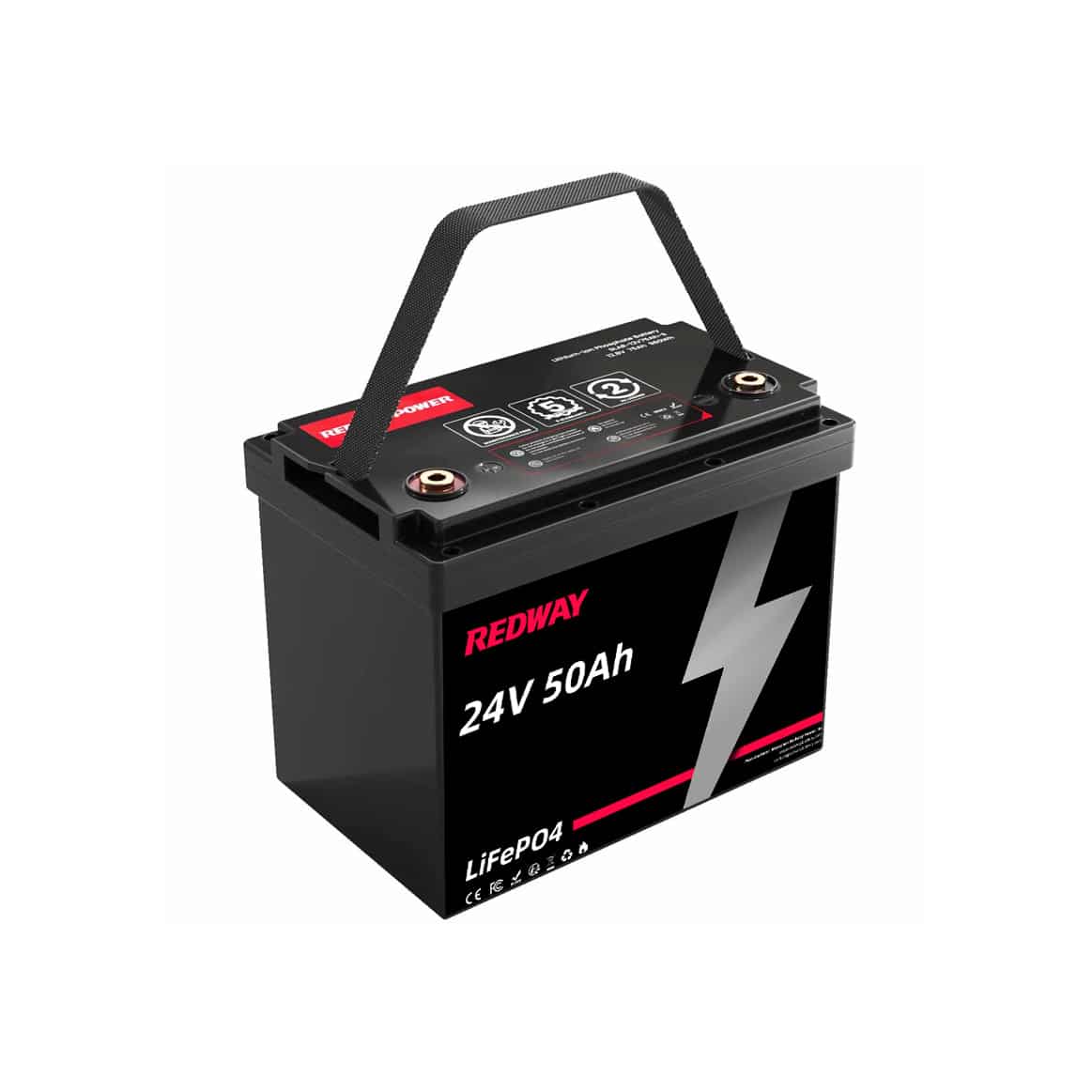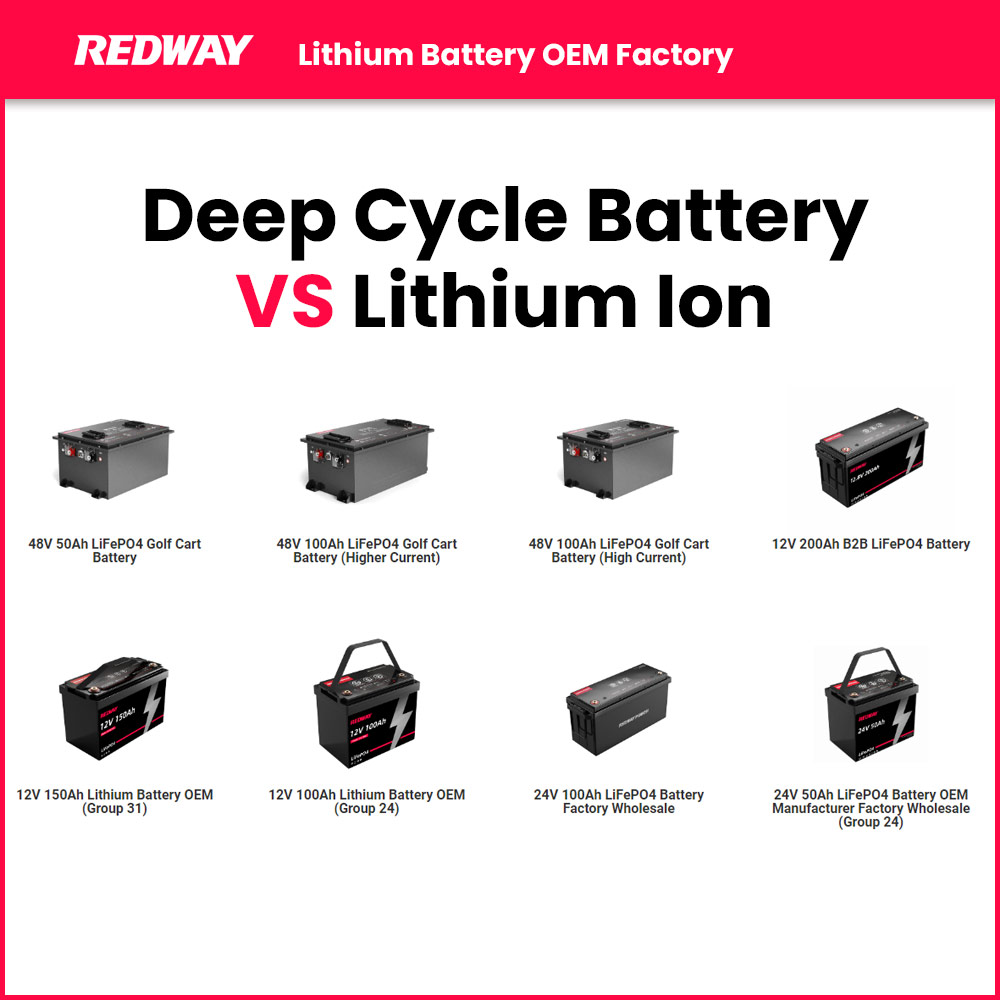Product Cateogries
Deep Cycle Battery vs Lithium-ion
When it comes to energy storage, the debate between Deep Cycle Batteries and Lithium-ion technology is significant. At Redway Battery, we break down the complexities to help you make an informed decision. Deep Cycle Batteries offer enduring power, perfect for consistent, long-lasting performance. In contrast, Lithium-ion batteries bring cutting-edge technology and efficiency to the table. Redway Battery is here to assist you in navigating the choice between Deep Cycle Batteries and Lithium-ion, ensuring you find the optimal power solution for your specific needs.
🔥 Big Deals 🔥
Factory Wholesale
from China OEM Manufacturer!
Discover the exceptional performance of Redway Battery’s 12/24/36/48/60/72/96V LiFePO4 Batteries! Up to 6000 times deep cycles (DOD 80%). Perfectly suited for various applications, such as Energy storage, RVs, Solar systems, Marine vessels, Yachts, and Emergency power supply needs, our Lithium LiFePO4 Batteries are the reliable choice for all your energy storage requirements. Reach out for a Quick FREE Quote! 👉👉👉
🔥Buy 10 lithium-ion batteries at wholesale prices for the price of 1 or 2 retail batteries.🔥
🔥We proudly do OEM contract manufacturing for many big brands.🔥
Deep Cycle Battery vs Lithium-ion: Which is Right for You?
In the world of energy storage, choosing the right battery can significantly impact performance, efficiency, and longevity. At Redway Battery, we specialize in Lithium LiFePO4 batteries, particularly for applications such as golf carts and server racks. This article delves into the key differences between Deep Cycle Batteries and Lithium-ion technology to help you make an informed decision.
Understanding Deep Cycle Batteries
Deep Cycle Batteries are designed to provide a steady amount of power over an extended period. They are ideal for applications that require consistent energy output, such as:
Solar Energy Systems
Electric Vehicles
Marine Applications
Key Features of Deep Cycle Batteries
Longevity: Deep Cycle Batteries can endure numerous charge and discharge cycles, often lasting several years with proper maintenance.
Capacity: They typically have a higher capacity for storing energy compared to standard batteries, making them suitable for prolonged use.
Robustness: These batteries are built to withstand deep discharges without significant damage, ensuring reliability in demanding situations.
The Rise of Lithium-ion Technology
Lithium-ion batteries have revolutionized the energy storage landscape with their advanced technology. Known for their efficiency and lightweight design, they are increasingly popular in various applications.
Key Features of Lithium-ion Batteries
High Energy Density: Lithium-ion batteries pack a significant amount of energy into a compact size, making them ideal for portable devices and electric vehicles.
Fast Charging: They can be charged quickly, allowing users to minimize downtime and maximize productivity.
Low Self-Discharge Rate: Lithium-ion batteries retain their charge longer when not in use, making them an excellent choice for applications where the battery may sit idle for extended periods.
Comparative Analysis: Deep Cycle vs Lithium-ion
| Feature | Deep Cycle Batteries | Lithium-ion Batteries |
|---|---|---|
| Lifespan | 3-10 years | 8-15 years |
| Charge Cycles | 500-1000 cycles | 2000+ cycles |
| Weight | Heavier | Lighter |
| Cost | Generally lower upfront cost | Higher initial investment |
| Maintenance | Requires regular maintenance | Minimal maintenance required |
| Efficiency | 70-80% efficiency | 90-95% efficiency |
Applications Best Suited for Each Battery Type
Deep Cycle Battery Applications
Solar Energy Storage: Ideal for home solar systems that require reliable power storage.
Recreational Vehicles (RVs): Perfect for powering appliances during extended trips.
Marine Use: Provides dependable power for boats and other marine applications.
Lithium-ion Applications
Electric Vehicles (EVs): The preferred choice due to their lightweight and high energy density.
Consumer Electronics: Powering smartphones, laptops, and tablets efficiently.
Backup Power Systems: Suitable for UPS systems due to their quick charging capabilities.
Recent Developments in Battery Technology
As of October 2024, recent advancements in battery technology have focused on enhancing sustainability and efficiency. Notably, Google has reported breakthroughs in lithium battery recycling methods that could significantly reduce waste and environmental impact. Companies are now exploring ways to reclaim valuable materials from used batteries, aligning with global sustainability goals.
FAQs About Deep Cycle and Lithium-ion Batteries
1. Which battery type lasts longer?
Generally, Lithium-ion batteries last longer than Deep Cycle Batteries due to their advanced technology and higher cycle life.
2. Are Lithium-ion batteries more efficient?
Yes, Lithium-ion batteries typically offer higher efficiency rates compared to Deep Cycle options.
3. What is the cost difference between the two?
While Deep Cycle Batteries have a lower upfront cost, Lithium-ion batteries may provide better long-term value due to their longevity and efficiency.
4. Can I use a Lithium-ion battery in place of a Deep Cycle battery?
It depends on the application; while they can sometimes be interchangeable, it’s essential to consider specific power requirements and compatibility.
Conclusion: Making the Right Choice
Ultimately, the decision between Deep Cycle Batteries and Lithium-ion technology hinges on your specific needs and application requirements. At Redway Battery, we pride ourselves on offering custom lithium LiFePO4 battery solutions tailored to meet your demands swiftly—whether you are looking for golf cart batteries or server rack solutions.For a quick quote or further information about our extensive range of products, don’t hesitate to contact us today!

